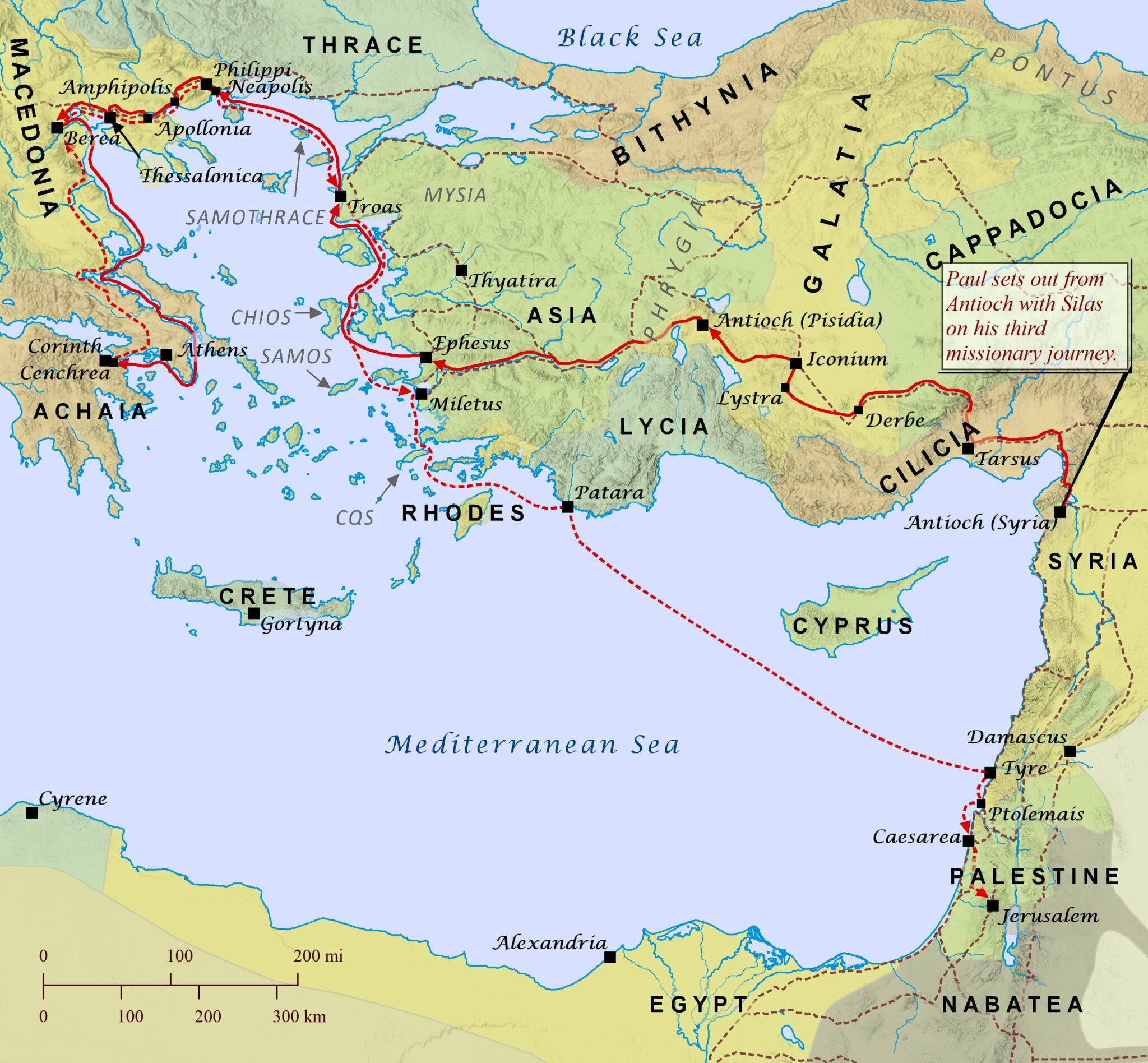The pride of those who choose to not follow God leads them to worship other things, which further leads to becoming foolish.
The nature of pride is always to claim wisdom and authority for ourselves. We think we know best and think God does not understand. We refuse to acknowledge that God, as our creator, knows what is best for us. Paul says that Professing to be wise, they became fools (v 22).
When we live in pride, and claim that we can find our own fulfillment apart from God, we believe something very foolish. Things don’t create themselves. The Creator made all that is seen and unseen, and when we deny this, we embrace all that is foolish. Our need to be professing to be wise is because deep down we know we are wrong. Therefore we have a need to assert that we are wise.
One thing at which humankind is extremely accomplished is in developing clever arguments to rationalize truly foolish behavior. We tend to profess this foolish behavior as “wisdom.” God-centered wisdom is foolishness to human-centered reasoning, and vice versa.
To believe the universe created itself is to disbelieve all that is observable. Energy is never observed to ascend to a higher level, intelligence is never assembled by non-intelligence, and order is never observed to come from disorder. Yet many believe the world made itself. They believe in “magic without a magician,” and insist it is wise. Further, they insist that anyone who believes there is a “magician” (a Creator) is foolish.
When we assert our pride, claim wisdom and authority for ourselves, deciding that we know best—that God does not understand as well as we do—we embrace what is foolish.
Since we have denied the Creator who made us, and to whom we are accountable, we must then raise an alternative moral authority to whom we may appeal to justify ourselves. Humanity has been very creative about this exercise throughout history. We have exchanged the glory of the incorruptible God for an image in the form of corruptible man and of birds and four-footed animals and crawling creatures (v 23).
We have claimed that divinity, and therefore moral authority, resides in animals, statues, and in man himself. Pharaoh and subsequent rulers routinely claimed to be divine, and during the roughly thousand years of the Holy Roman Empire, humans claimed a “divine right” to decide for God on earth.
But God is God, and we are not. In modern times, in the developed West, it has become popular for individuals to claim the divine right of deciding morality for themselves. We have skipped seeking outside validation. “I know what is right for me” has become a popular sentiment. Paul tells us here in Romans 1:18-23 that we know the truth because God has placed the truth within us and all around us, but professing to be wise, we became fools (v 22).
We typically reject that truth and exchange it for a lie. In doing this we deceive ourselves into believing that we get to decide what is right and wrong as though we have God’s authority. When we do this, we believe something very foolish and self-destructive. Paul states that as a result of choosing pride (in self) instead of faith in God “their foolish heart was darkened” (vs 21). We should, therefore, expect an escalation in mental health issues as a society descends into self-orientation. This will be predicted in the next sections.
Biblical Text
22 Professing to be wise, they became fools,23 and exchanged the glory of the incorruptible God for an image in the form of corruptible man and of birds and four-footed animals and crawling creatures.
Check out our other commentaries:
-
Romans 6:17-20 meaning
Paul thanks God that the Roman believers are living out his teaching already. They have become obedient to God after believing in Jesus Christ’s death...... -
Amos 4:1-3 meaning
Amos addresses the wives of the wealthy oppressors in Samaria and says that they will be pulled from the city either to captivity or to...... -
Genesis 12:8-10 meaning
There is a great famine in the land, so Abram goes to Egypt. ...... -
Exodus 7:14-25 meaning
Since the account of the plagues upon Egypt begins here in verse 14 and extends to 12:32, it is useful to include a word of...... -
Ecclesiastes 12:9-10 meaning
The Preacher has carefully crafted words of truth in order to share them with God’s people, to invite them into wisdom in the face of......



